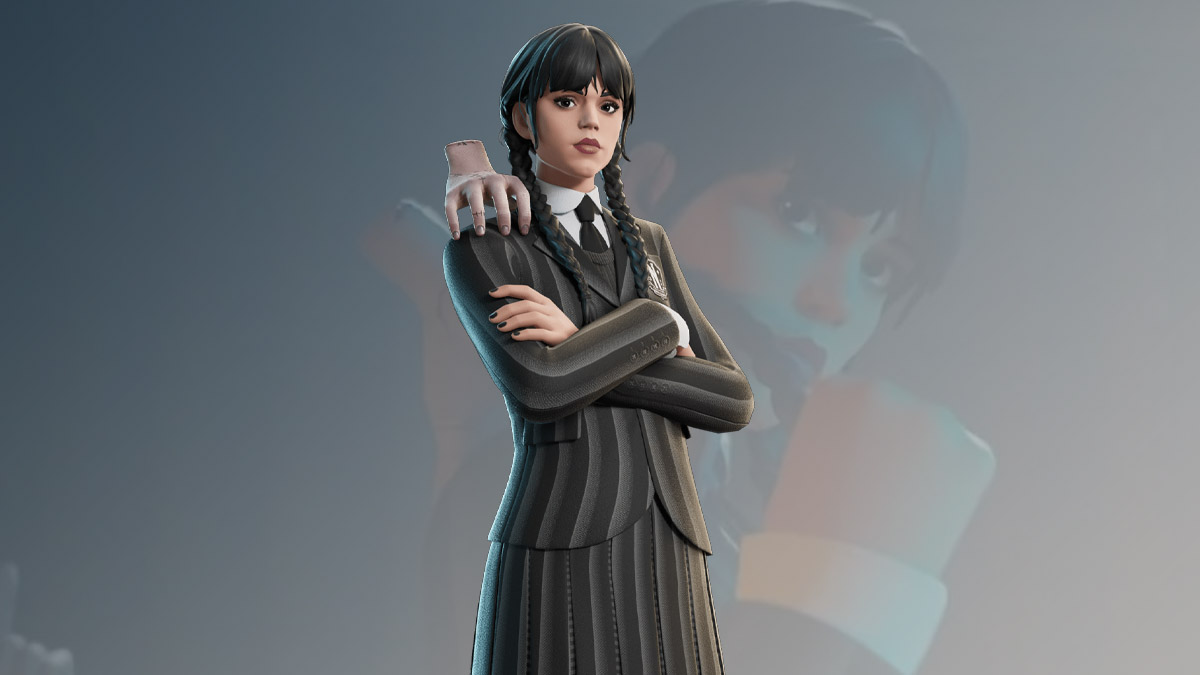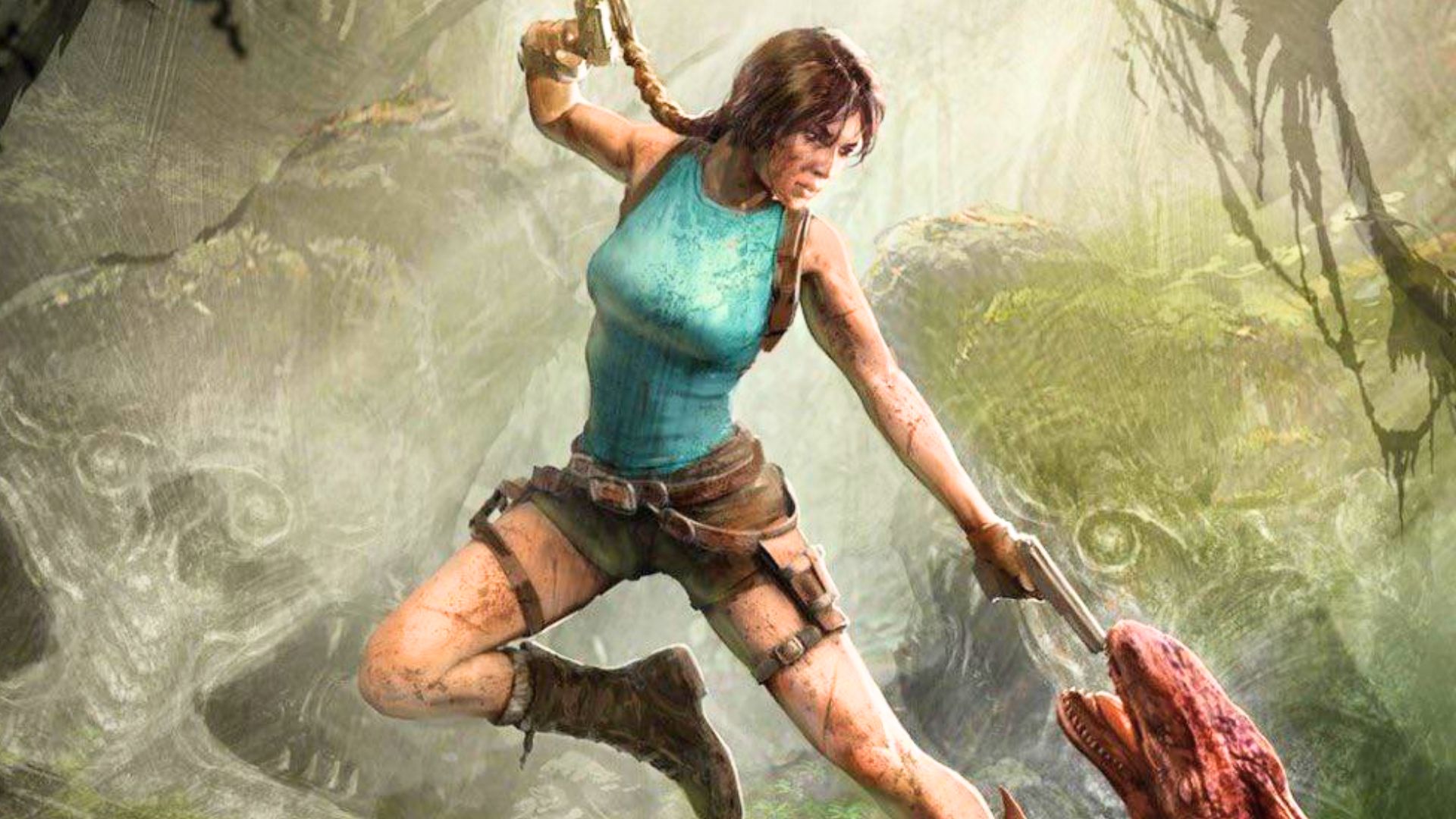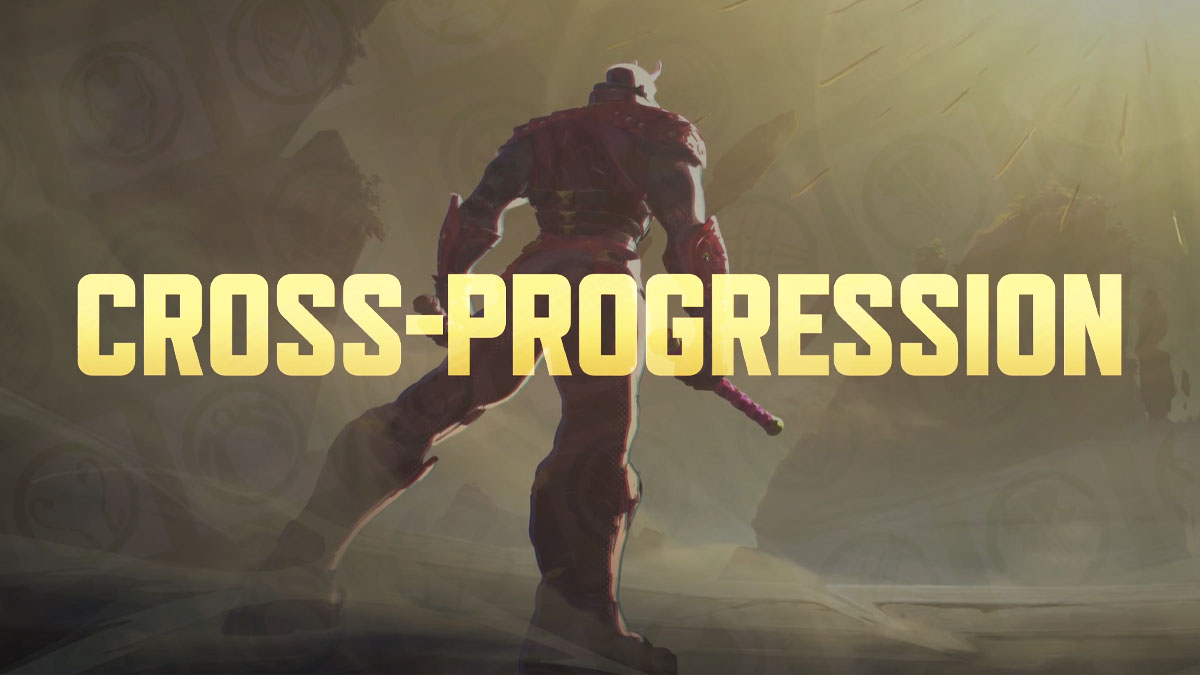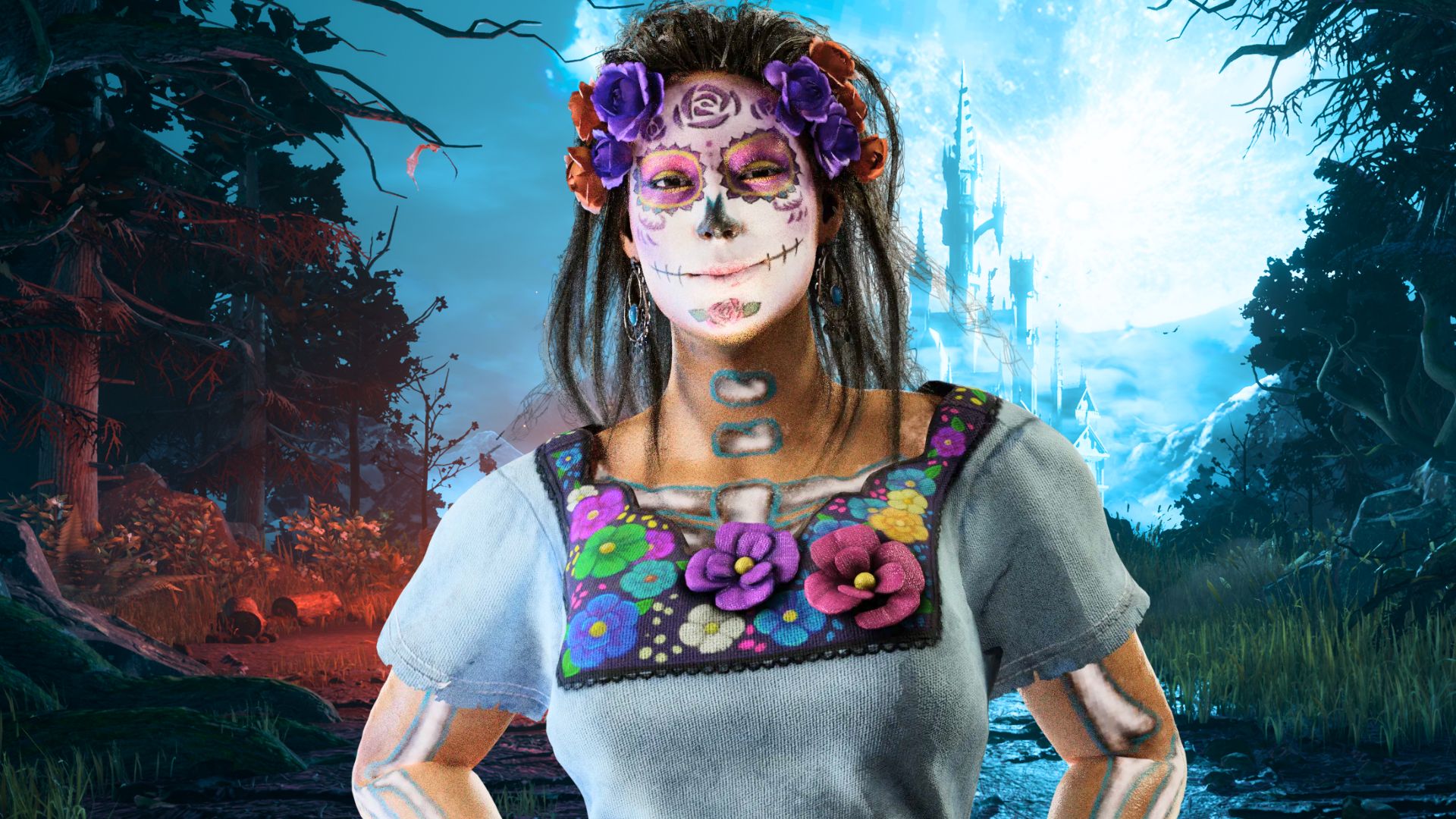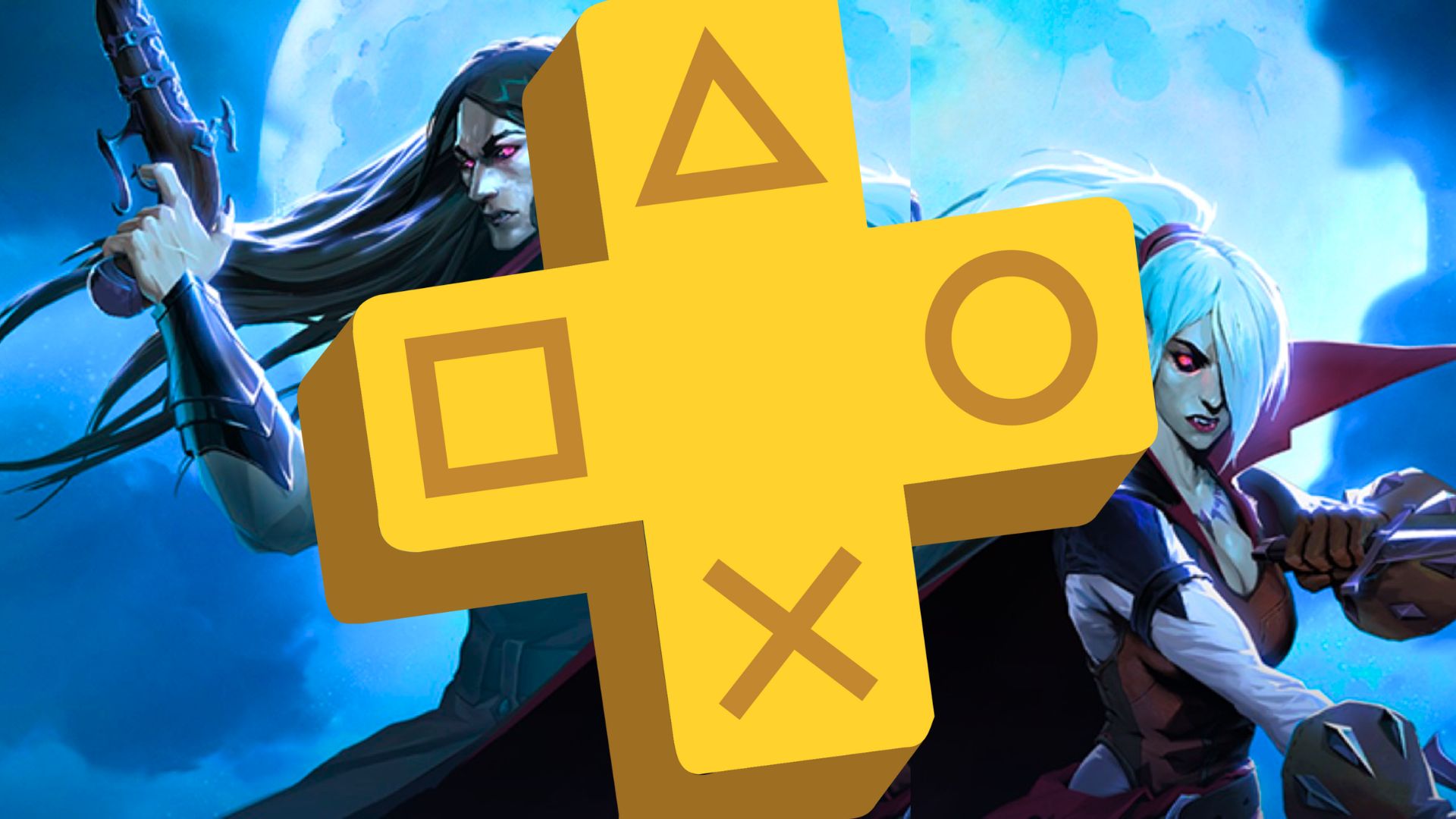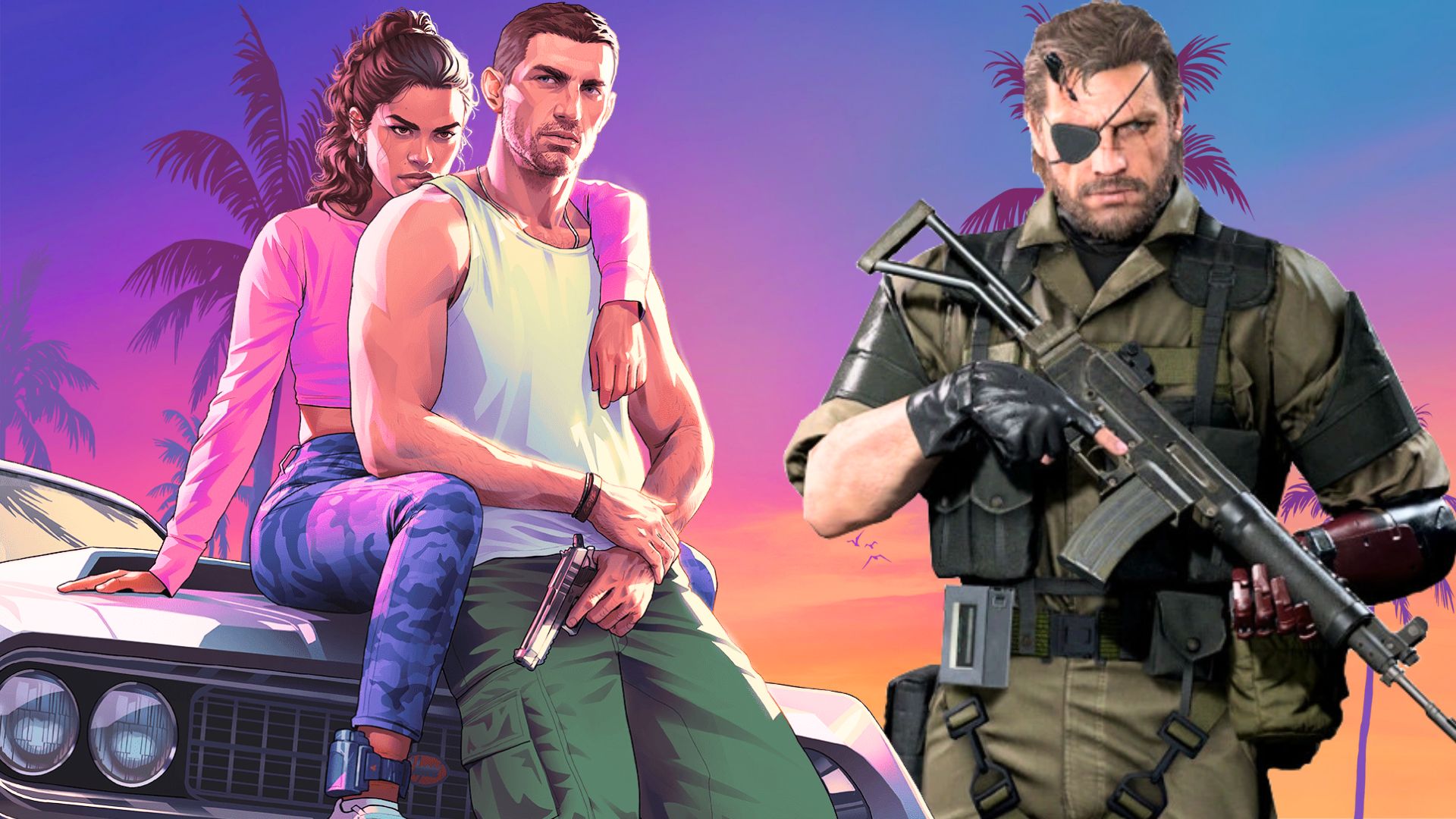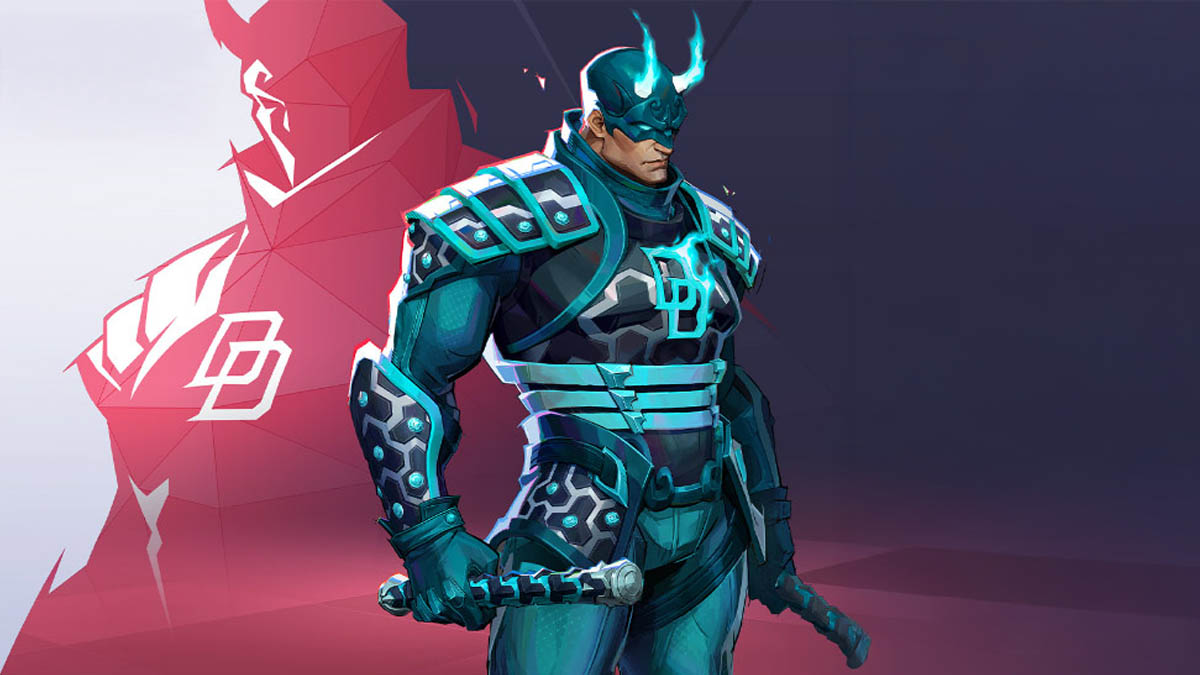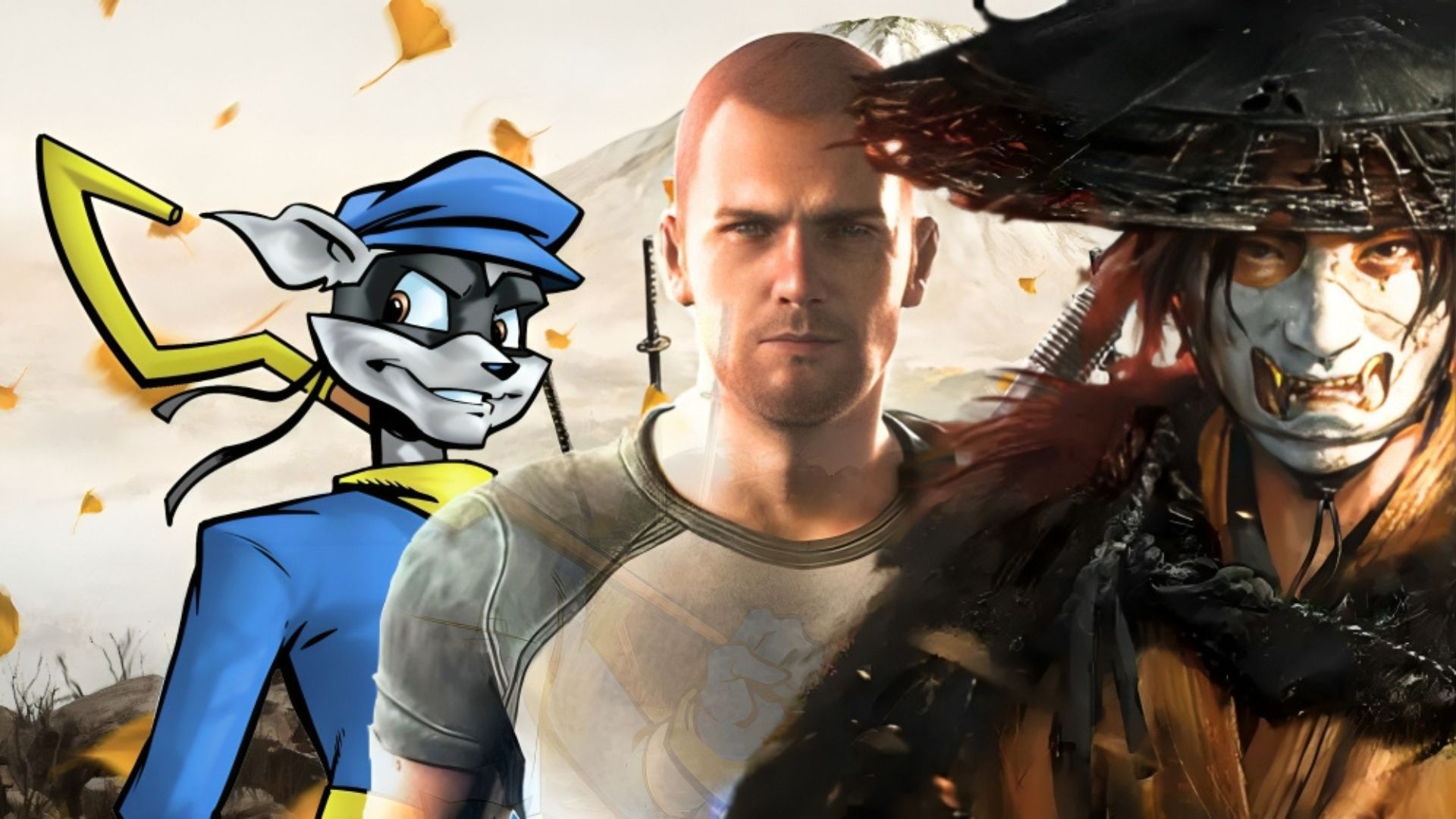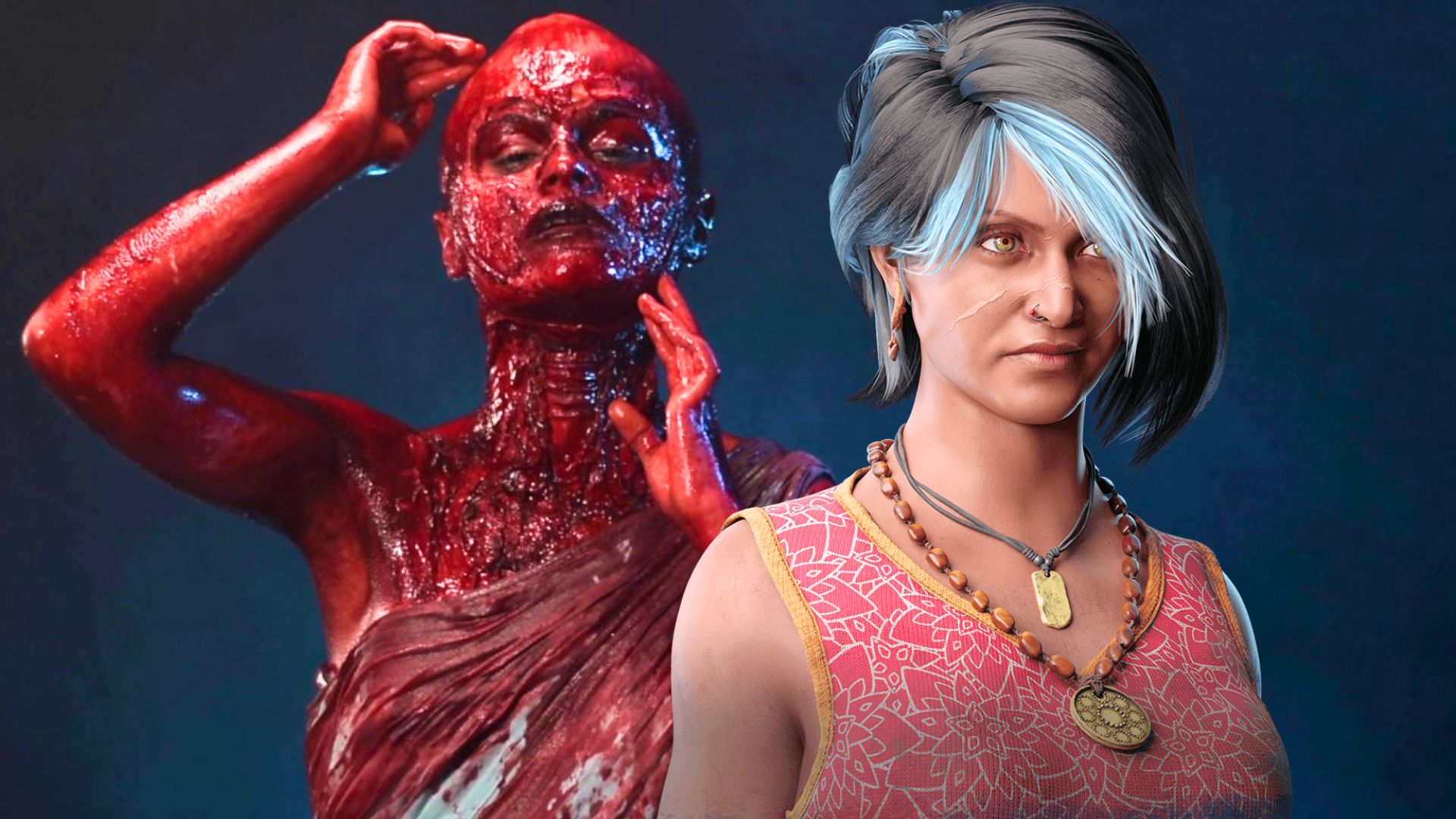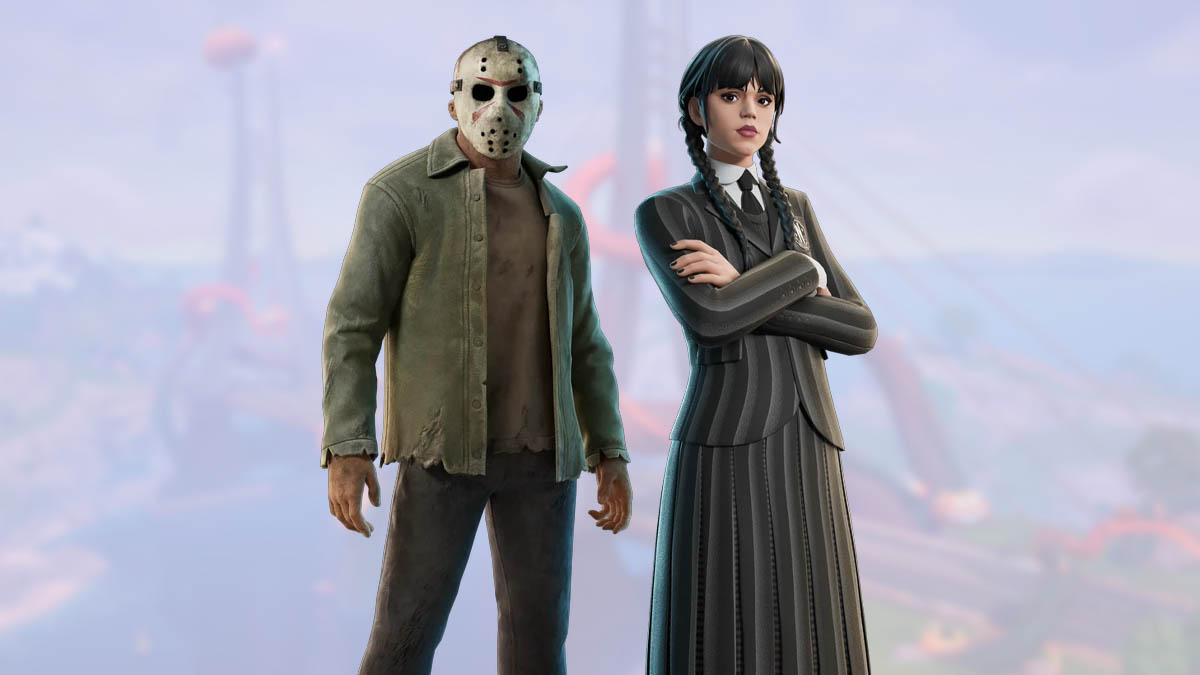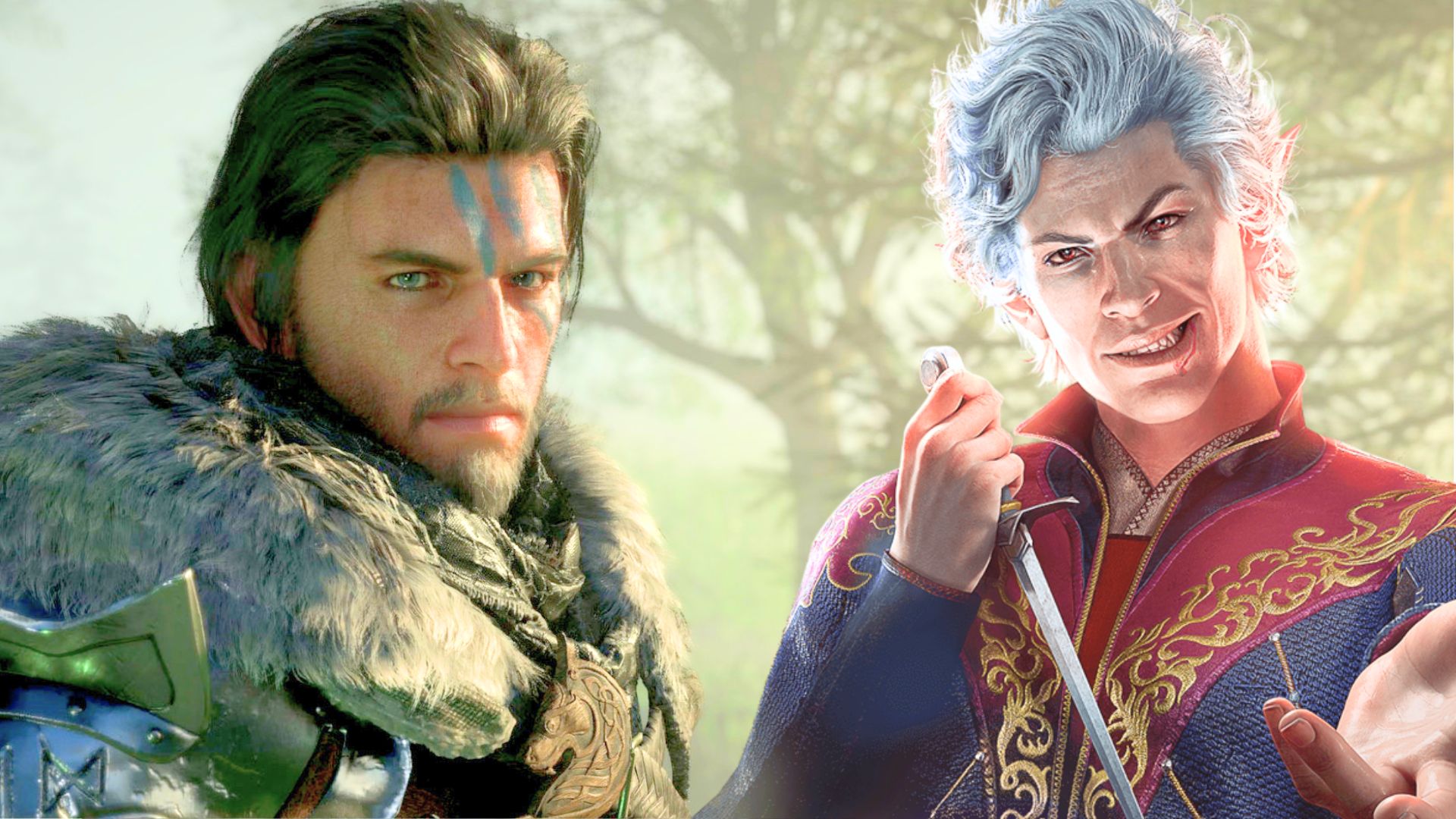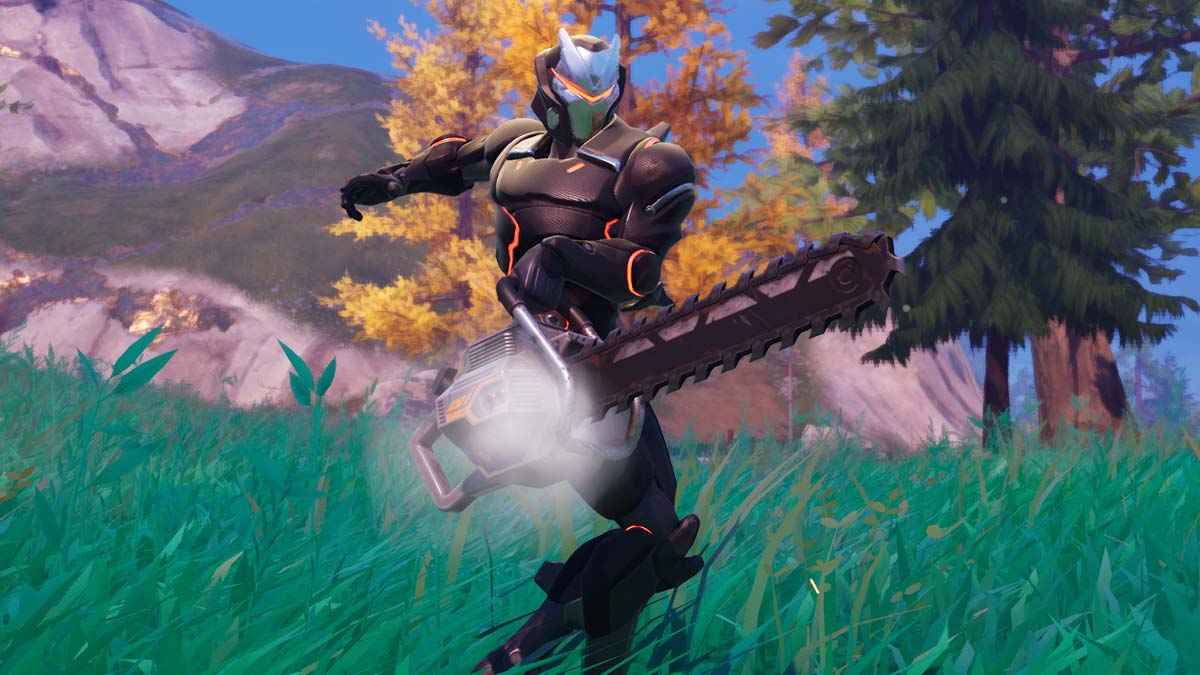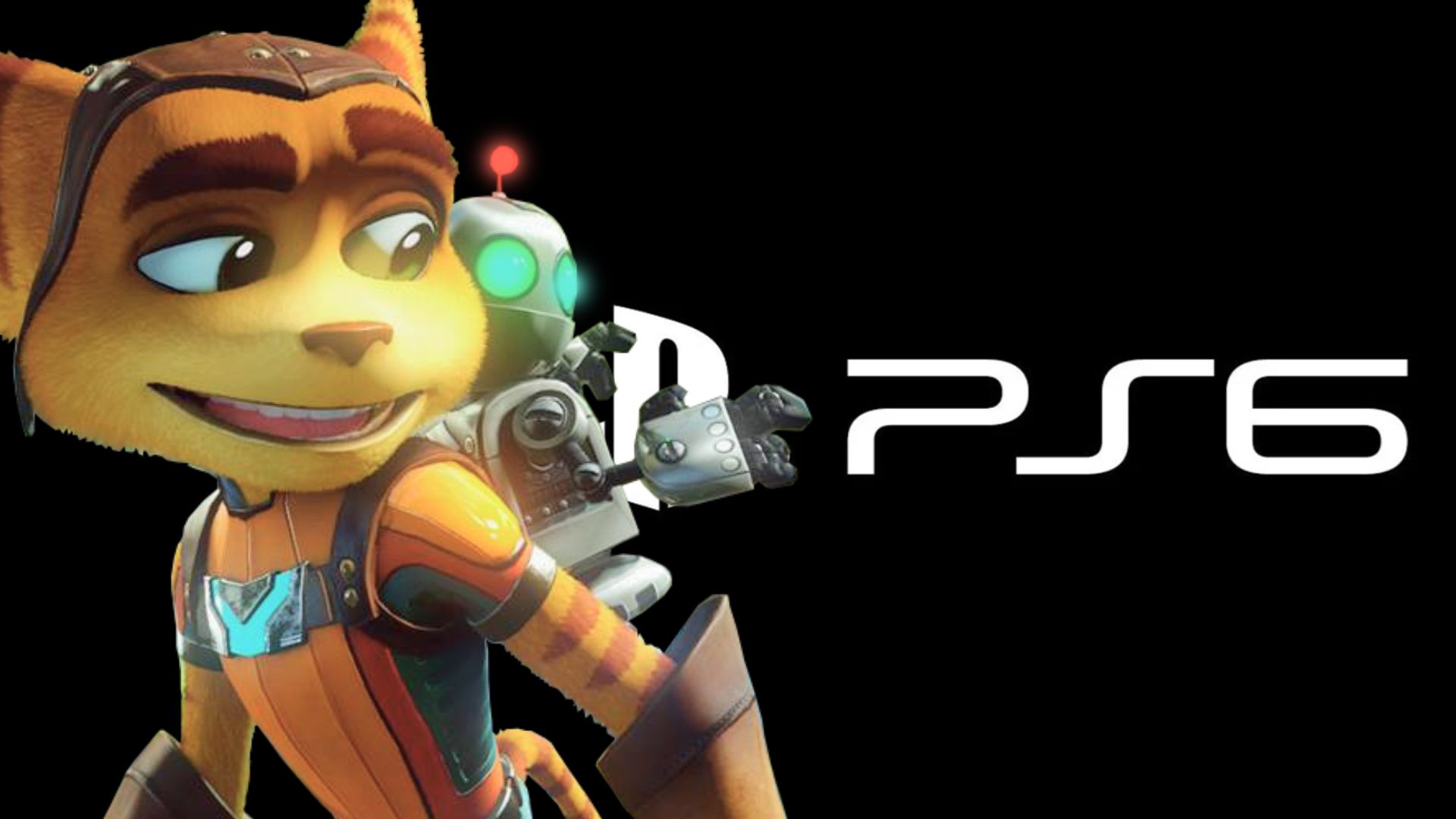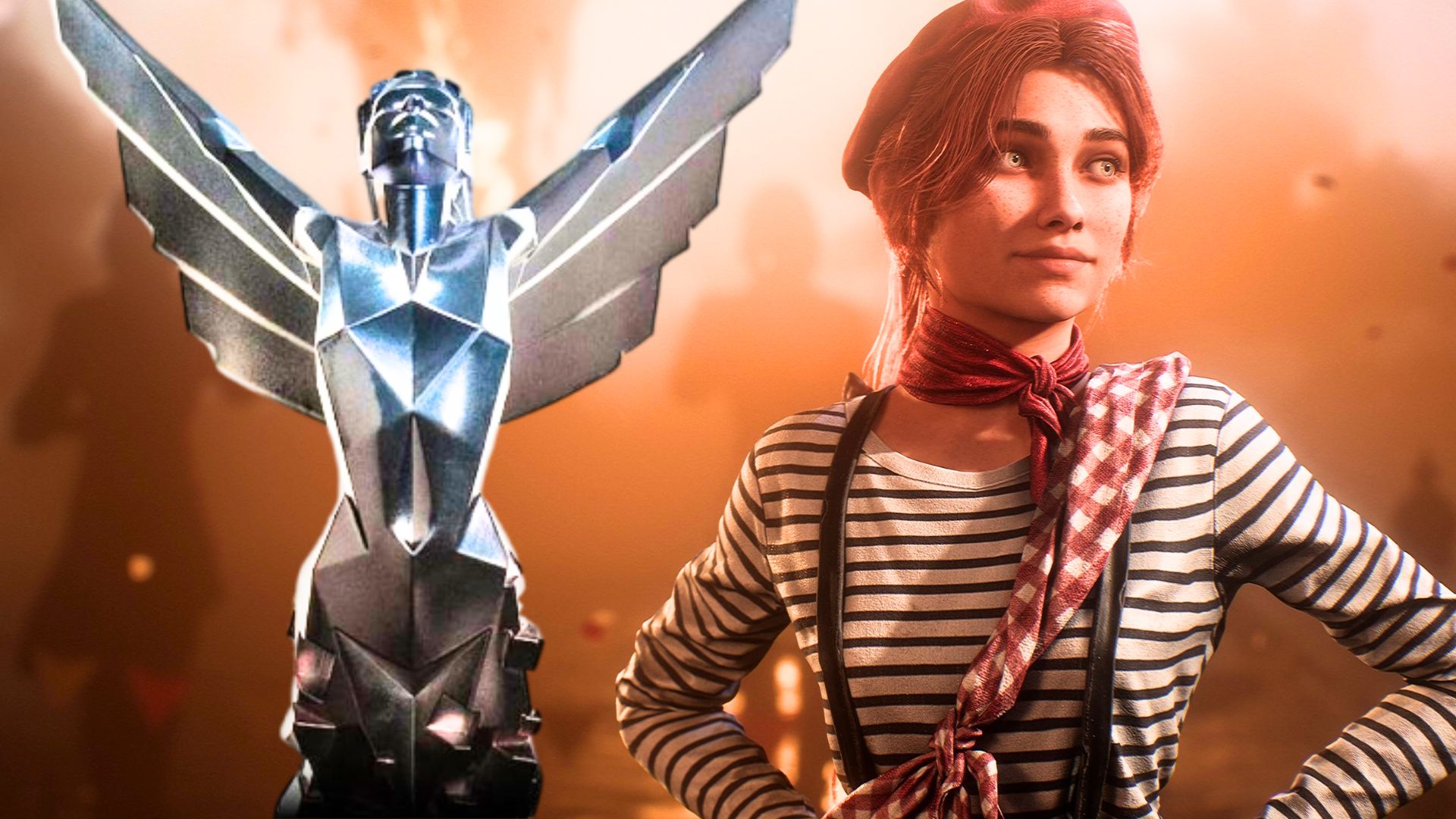News
-
When is Wednesday coming to Fortnite? Release date revealed
Wednesday Addams is one of the most exciting skins that have been added with the Fortnite Halloween event. The popular character hasn't been released yet, which is why many players are wondering…
Last Updated October 15, 2025 · by Asmir Pekmic
-
Tomb Raider fans treated to “sneak peek” of Lara Croft in next adventure releasing alongside Game Awards
The official Tomb Raider Instagram account has given fans a “sneak peek” of Lara Croft for her next adventure that is releasing alongside this year’s Game Awards. Lara Croft is one of…
Last Updated October 15, 2025 · by Callum Smith -
Marvel Rivals adds cross-progression in early access
NetEase has finally added cross-progression to Marvel Rivals. This feature is very helpful for those who play on multiple systems, as well as those who are looking to switch or upgrade their…
Last Updated October 15, 2025 · by Asmir Pekmic -
Dead By Daylight scrapped two amazing Survivors; a “Latina tattoo artist” and Haddie’s uncle
From out of nowhere, the surge of Dead By Daylight leaks continue, and this time we have concept art of two amazing scrapped Survivors that include a “Latina tattoo artist” and Haddie…
Last Updated October 15, 2025 · by Callum Smith
